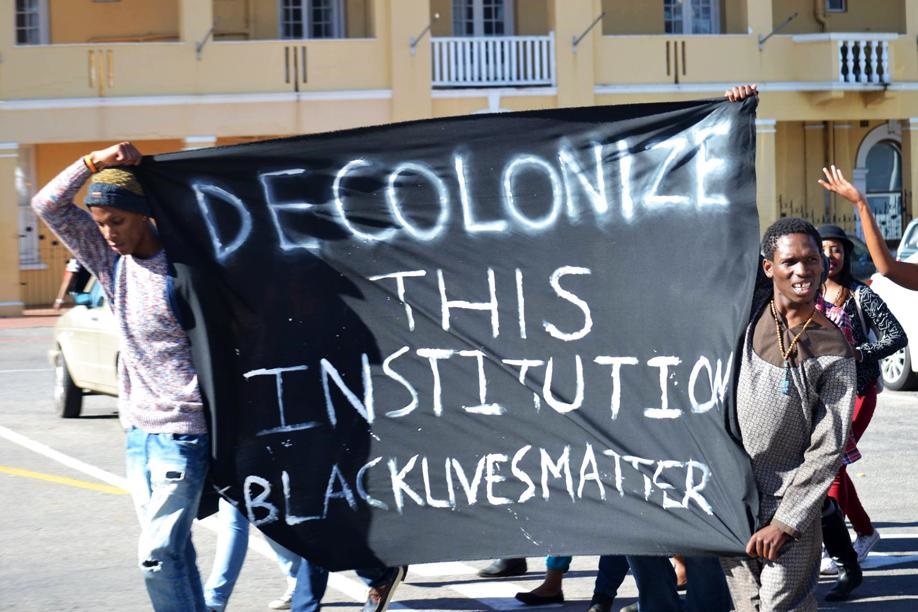Populist-Socialism: The Economy of the White Ethno-State
Abstract
Little consideration is given to the economic foundations of a White ethno-state. While many in the Alt-Right know conceptually what an ethno-state should be like in the abstract sense of demographics, the minutia of public and economic policy to obtain or maintain such a state is lost. While not exhaustive, the following paper is intended to steer conversations into more concrete terms addressing the economy of a White ethno-state. That is, an anti-materialist economy that serves the nation, versus the nation serving the economy in materialistic capitalism and socialist-communism. A Third Position meshing of populist and socialism is proposed.
The demagogues on the left and right both use the terms populist and socialist to malign their political opponents. Populism has become synonymous with right-wing authoritarianism to the left. The same argument is used by conservatives to associate socialism with communism. Indeed, the populist primacy of the people and the socialist primacy of the class are seen as contradictory ideals. In reality, elements of populism and socialism can be complementary to one another in a dynamic economy. Socialism’s securing the welfare of the people and populism’s emphasis on the common man’s economic growth and interests are not antagonistic to one another, but complimentary.
To many, the concept of socialism is distinctly leftist. Historically, Socialism has been associated with Marxism and “from each according to his ability, to each according to his need.” This Marxist Socialism aims at the elimination of all hierarchy which is natural to man. Communism aimed at the flattening out of wages and elimination of class distinctions altogether. Read more


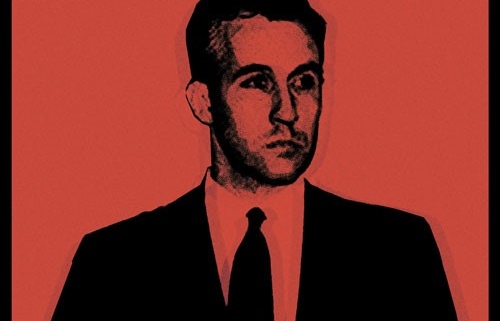
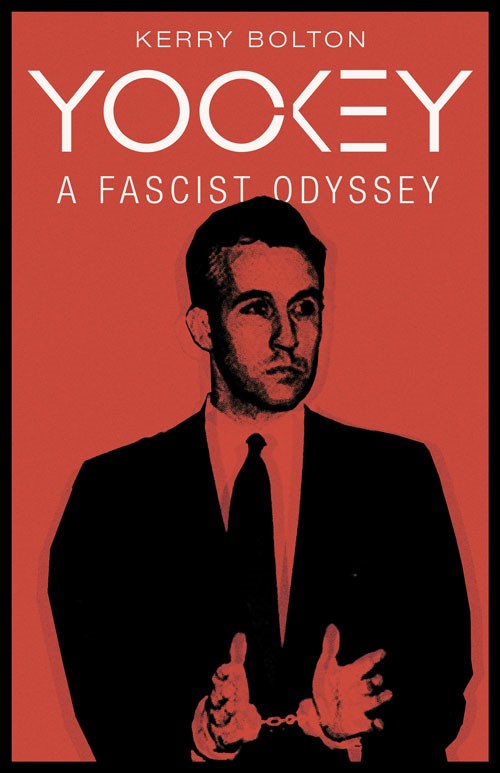
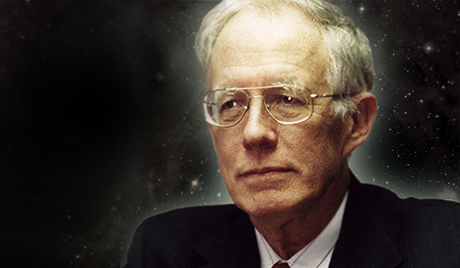
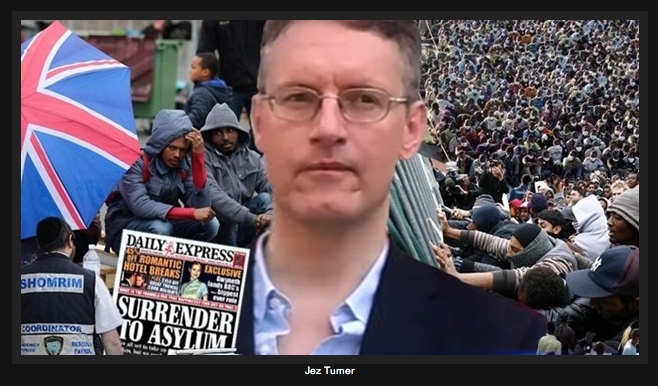
 Despite the Crown Prosecution Service’s hesitation to put on trial an intellectual, a truth teller, an upstanding citizen, a patriot, and a man who was prepared to lay down his life for his country in war, they were forced by the extra-judicial demands of the Sanhedrin to do so, and this modern Cheka managed to squeeze out of a reluctant court one year’s imprisonment for “incitement to racial hatred,” a Talmudic verdict forced on the British legal system by that very group who is insistent in Britain that they are not a race but a religion.
Despite the Crown Prosecution Service’s hesitation to put on trial an intellectual, a truth teller, an upstanding citizen, a patriot, and a man who was prepared to lay down his life for his country in war, they were forced by the extra-judicial demands of the Sanhedrin to do so, and this modern Cheka managed to squeeze out of a reluctant court one year’s imprisonment for “incitement to racial hatred,” a Talmudic verdict forced on the British legal system by that very group who is insistent in Britain that they are not a race but a religion.
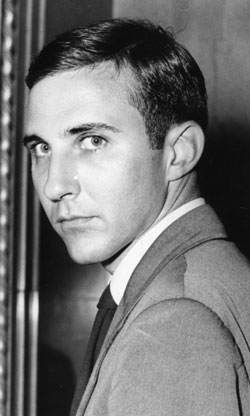
 The Kasper writing came to mind this past week (it’s December of 2017) because I happened upon a reference on the internet to a new book about Kasper—
The Kasper writing came to mind this past week (it’s December of 2017) because I happened upon a reference on the internet to a new book about Kasper—